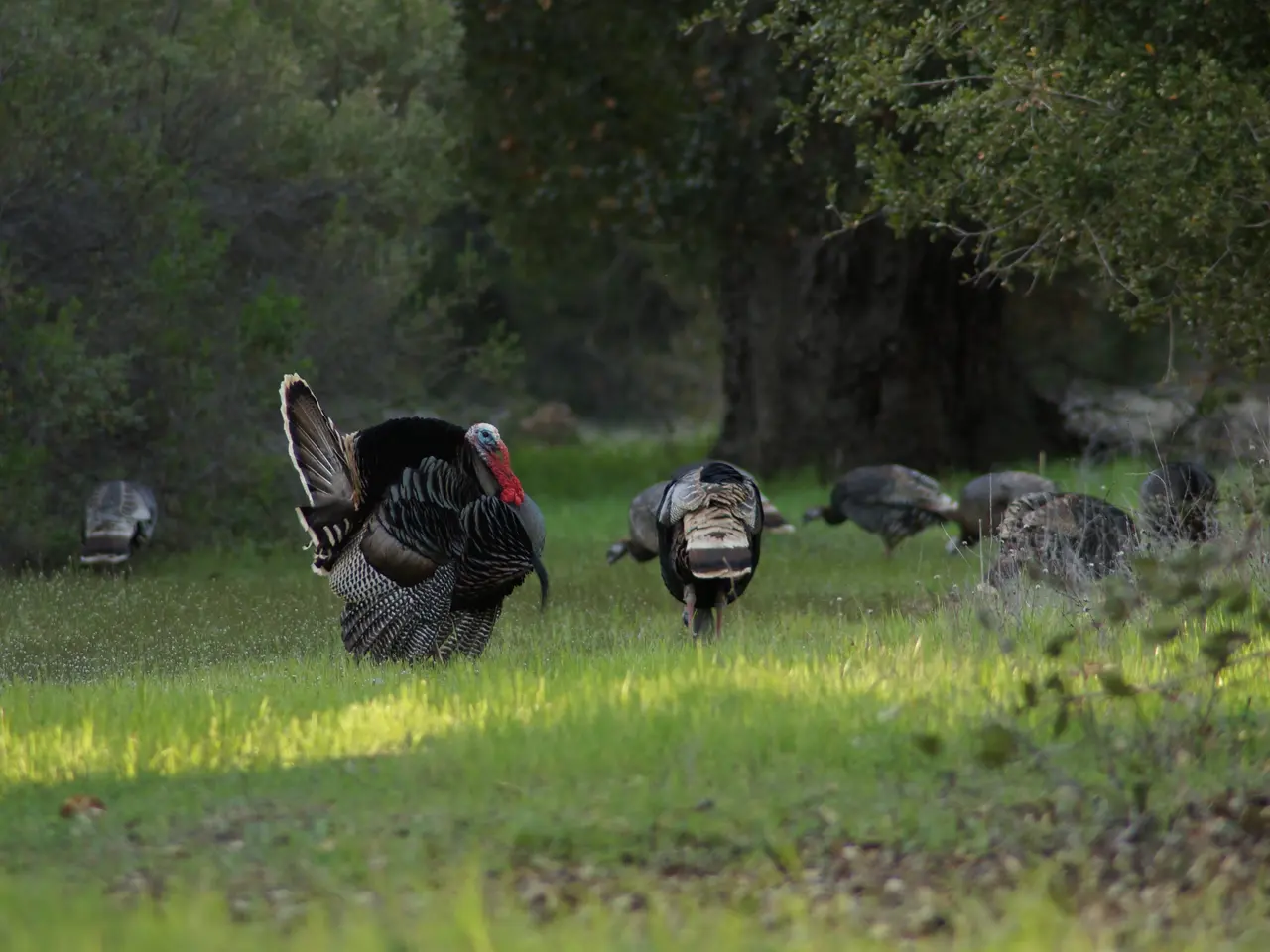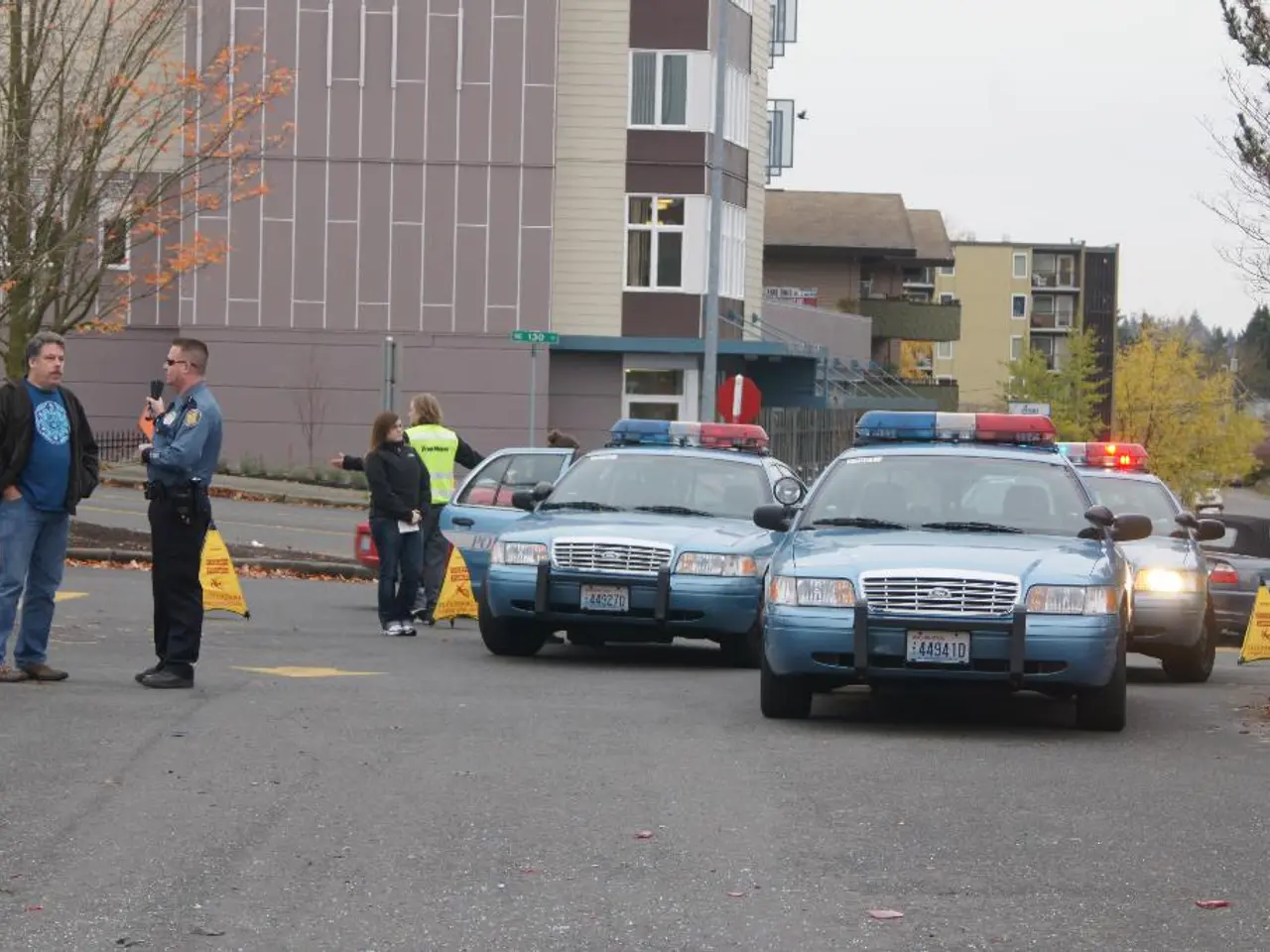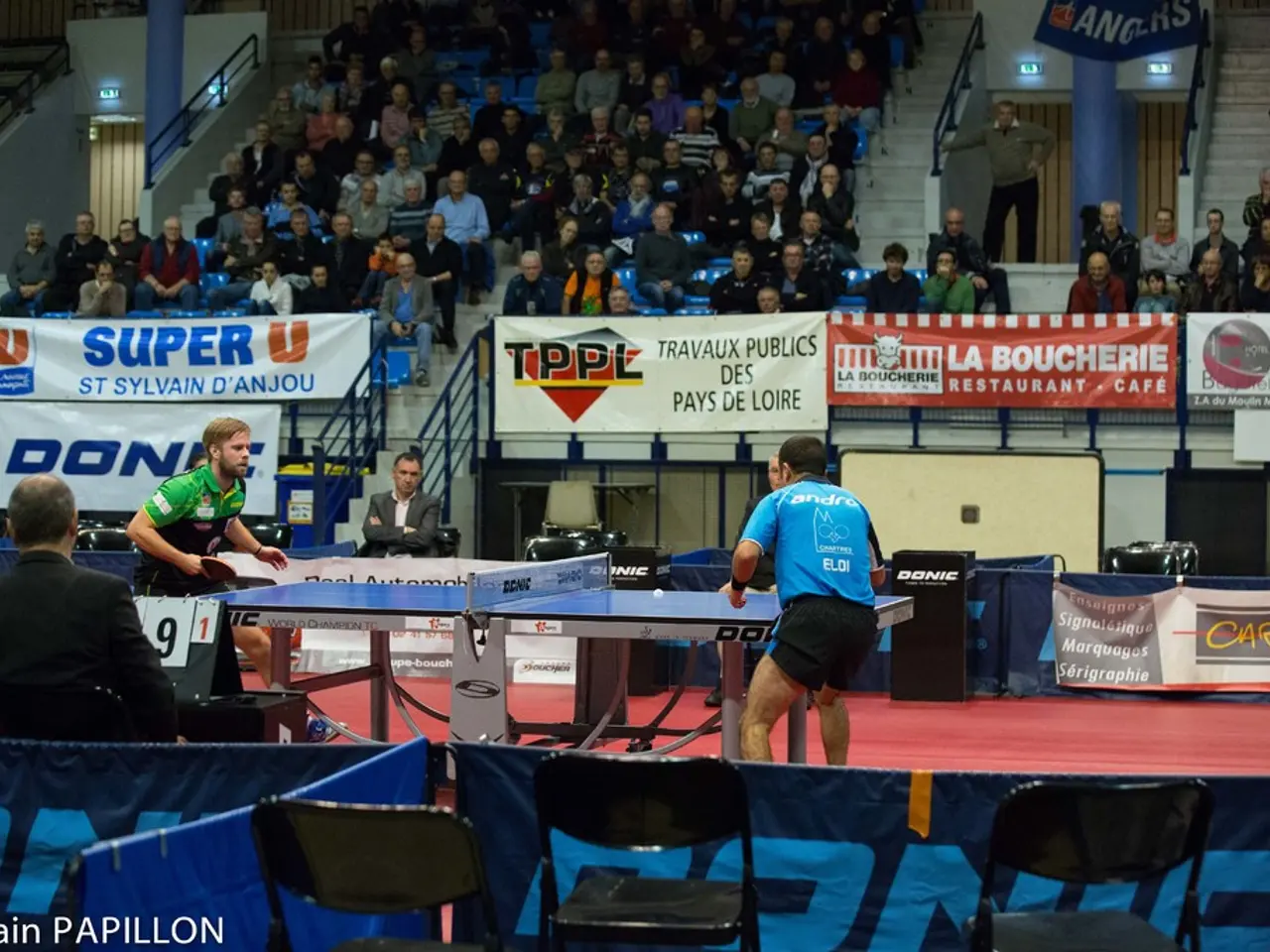Ten-Day Blackout on Critical TV Station: A Continued Crackdown on Freedom of Expression in Turkey
Broadcasting companies opposed to Turkey's government ordered to halt operations for a period of 10 days
FacebookTwitterWhatsappE-MailPrintCopy LinkTurkey's media watchdog, the Radio and Television Supreme Council (RTÜK), has slapped a 10-day broadcast ban on Halk TV, an opposition-leaning television station, claiming violation of regulations. The ban, announced on Thursday, came in light of a guest's remark on the station depicting Turkey as a more sectarian, rather than a less religious, nation.
Halk TV, recognized as a close ally of the country's largest opposition party, the Republican People's Party (CHP), has been under immense political pressure under the Erdoğan administration. The recent arrest of Istanbul's mayor, Ekrem İmamoğlu, who hails from the party, led to nationwide protests – the largest since the Gezi protests in 2013.
The press freedom advocate, Reporters Without Borders (RSF), denounced the broadcaster's ban. Erol Önderoğlu, RSF representative, expressed his concerns that the media regulator, known for its arbitrary and disproportionate sanctions against any debate or criticism fueled by political and legal repression of the CHP, could potentially force opposition news channels close to the CHP to shut down in the long term.
In March, the Turkish authorities had also threatened the opposition-aligned TV station Sözcü TV with a broadcast ban, which was later suspended. Turkey ranks 159 out of 180 countries in the Press Freedom Index by Reporters Without Borders.
Over the past few years, there has been a consistent pattern of media censorship in Turkey, with broadcast bans and financial sanctions being imposed on opposition-aligned outlets, showcasing the deteriorating media landscape in the country.
The RTÜK has intensified its scrutiny of opposition-critical outlets, imposing significant fines running into millions of lira and issuing public warnings for allegedly promoting pessimism. Furthermore, the regulator has expanded its regulatory reach to online platforms such as YouTube, intensifying the crackdown on dissenting voices.
Given the ongoing policital pressures and censorship, media freedom organizations have raised concerns about the survival of independent media in Turkey. The 2016 failed coup attempt served as a pretext for the government to shutdown nearly 200 media outlets, detain dozens of journalists, and imprison journalists, making Turkey one of the world’s worst jailers of journalists, second only to China.
[1] Reporters Without Borders. (n.d.). Turkey. Retrieved from https://rsf.org/en/turkey
[2] Kaya, A. (2021, June 30). Turkey's opposition TV channel Halk TV goes off air for 10 days. Al-Monitor. Retrieved from https://www.al-monitor.com/originals/2021/06/turkey-opposition-tv-channel-halk-tv-goes-off-air-for-10-days.html
[3] Freedom House. (2021). Freedom in the World 2021 – Turkey. Retrieved from https://freedomhouse.org/countries/turkey/freedom-world/2021
[4] Gupta, A. (2021, June 11). Opposition TV stations in Turkey face warning, fines and crackdown. Al-Jazeera. Retrieved from https://www.aljazeera.com/news/2021/6/11/opposition-tv-stations-in-turkey-face-warning-fines-and-crackdown
[5] Reporters Without Borders. (2021, June 1). Arrest warrant issued for Halk TV owner in Turkey. Retrieved from https://rsf.org/en/arrest-warrant-issued-for-halk-tv-owner-in-turkey
"This escalating crackdown on freedom of expression in Turkey, as seen in the recent ten-day ban on Halk TV, raises concerns about the wider implications for community and employment policies within the country. With the continued threat of arbitrary sanctions and media censorship, it is crucial for policymakers to prioritize defending press freedoms and upholding general news reporting in order to prevent potential long-term consequences for the employment policies of dissenting news channels and the general-news media landscape."
"The increasing intensity of political scrutiny and censorship in Turkey's media landscape, including war-and-conflicts and crime-and-justice reporting, poses a significant threat to the functioning of democracy. The ongoing crackdown on Halk TV and other opposition-aligned outlets serves as a reminder of the importance of maintaining media plurality and ensuring access to diverse sources of information, which are essential for promoting a healthy political discourse and avoiding state repression of crime, politics, and general-news reporting."






